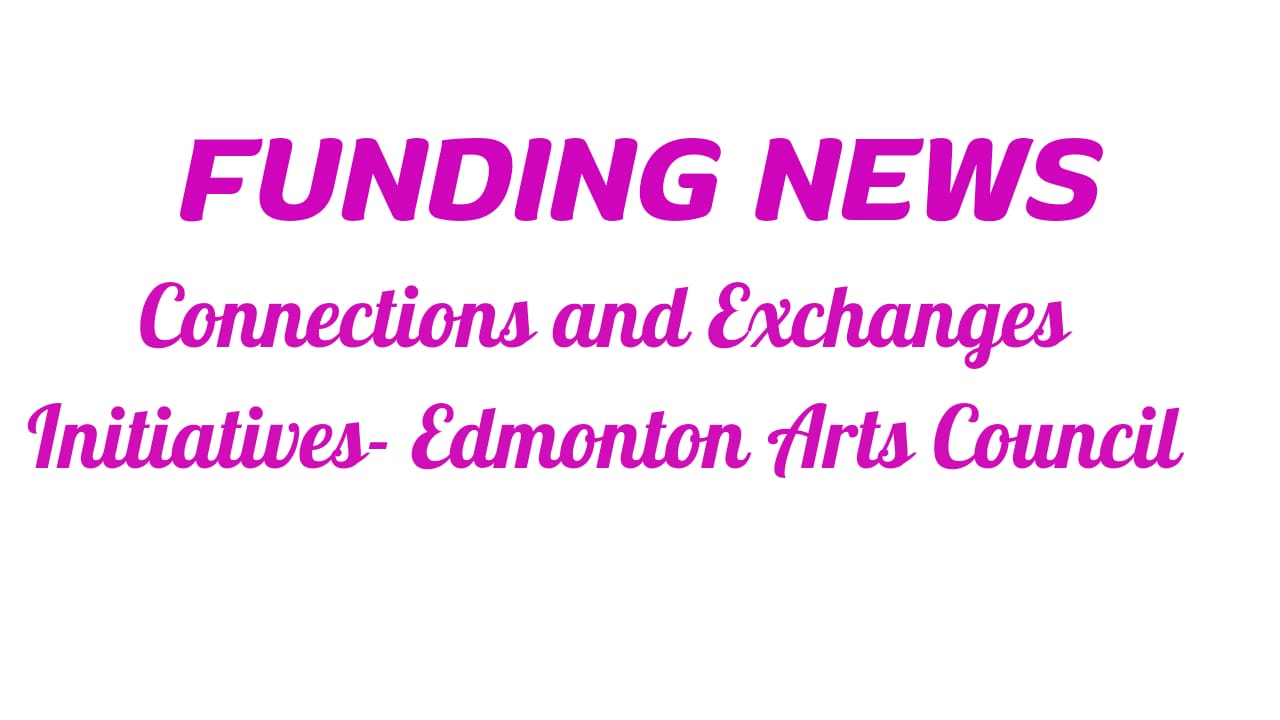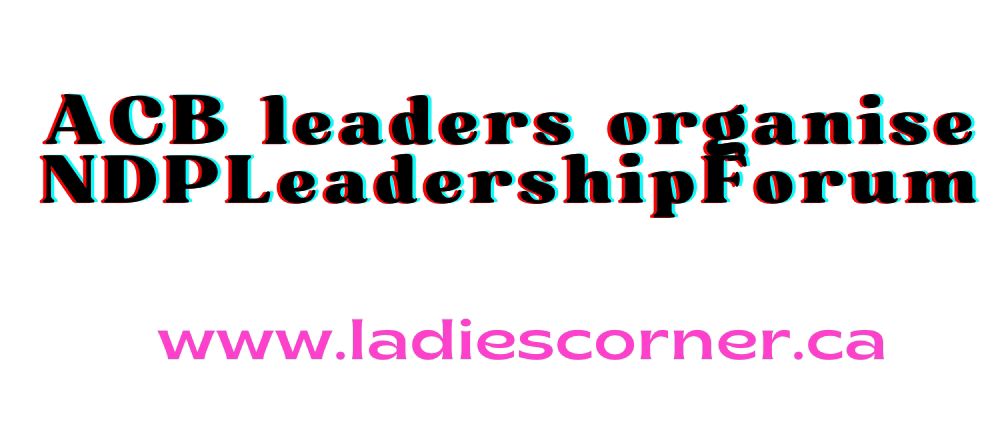
Growing Your Community Voice with Monica Bassili
In the midst of fighting for social, economic, and political representation of underrepresented groups, one common element persists – the individual. Women, and particularly women of colour are tasked with upholding society’s understanding of how a woman ought to act, as well as expressing individuality, notwithstanding its assumed expression of masculinity. Rather than having the freedom to decide what kind of woman one becomes, societal and economic barriers enable a limited stream of traditional expectations of women.
Although it is simple to blame the plight of women on ‘society’ and the ‘economy’, there is value in understanding why women are considered a minority and underrepresented group, despite forming half of the global population. On the outside, it appears that Western societies like Canada have made meaningful contributions to gender equality, such as Justin Trudeau’s gender-balanced cabinet. Women are integral to governance and policy-making, notably in providing diverse knowledge and expertise that benefit the public good.
With this in mind, how can a government dedicated to supporting, uplifting, and empowering women to enter politics truly serve women when women of colour cannot fully contribute?
Jody Raybould-Wilson recently announced her decision to not run again for federal office in the upcoming federal election. In a disappointing and unsurprising statement, Raybould-Wilson confirmed the government’s “toxic and ineffective” leadership and continuous marginalization of “individuals from certain backgrounds” (CBC, 2021). Being a woman of colour, particularly an Indigenous woman, allows for an experience in government that greatly differs from the traditional bureaucrats’. In acknowledging this imbalance, it is natural for an educated, experienced, and incredibly qualified Indigenous woman to be kicked out of the Liberal Caucus for failing to tow the party-line.
Raybould-Wilson is not an isolated case of tension between government officials; there is a pattern of ineffective management. Recently, Mumilaaq Qaqqaq, Member of Parliament for Nunavut, announced not to run again for the upcoming federal election. A lack of progression on key issues affecting underrepresented groups is among the reasons she decided to leave federal politics. Despite women of colour achieving high-level positions, the environment in which they find themselves is hostile, negligent, and intentionally marginalizes groups it prefers not to entertain.
What Raybould-Wilson and Qaqqaq exemplify is the process of engaging the community voice – then, turning inwards to the individual voice. Despite being in tremendous positions of power, the most meaningful impacts are genuinely felt on smaller scales, in municipalities and communities. Being able to have an authentic conversation with someone in your community is invaluable. Without reducing whole populations to policy briefings and statistics, rather, working on a municipal level allows for targeted programs, policies, and services that best support the community.
Women of colour will continue to feel powerless in environments that had been originally developed to benefit men. In creating an equitable system on a municipal level, generative change can manifest and spread to higher levels of government. By developing and understanding one’s individual voice and place within your community, a starting point is established to develop a community voice that authentically represents residents and their collective and individual needs. Regression is not an option for struggling populations, practical change must persist in spite of social and economic barriers.
Monica Bassili is a fourth-year University of Alberta student double majoring in Political Science and Human Geography and Planning. Monica has been active within her community since grade school and has dedicated her work to benefiting the public good. Furthermore, Monica is working towards three certificates: international learning, sustainability, and Indigenous governance and perspectives. In this way, Monica is able to understand systemic issues in depth and develop intercultural communication skills that serve to facilitate projects in and around Edmonton. Monica’s focus is on public service and specifically, developing tools that serve underrepresented communities and individuals in need.





